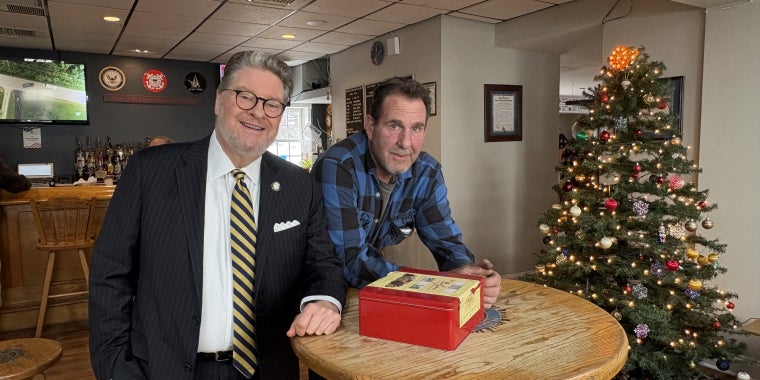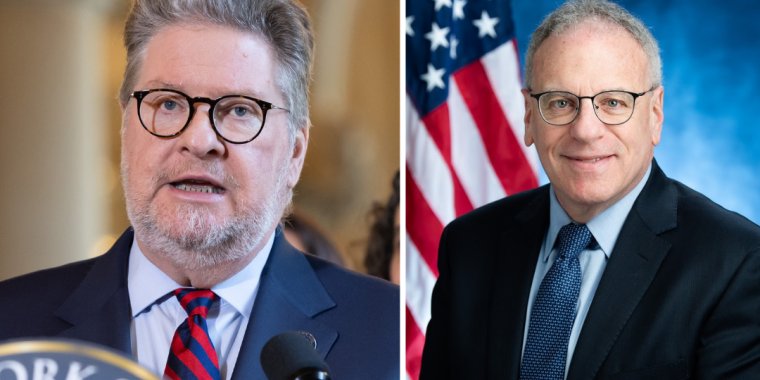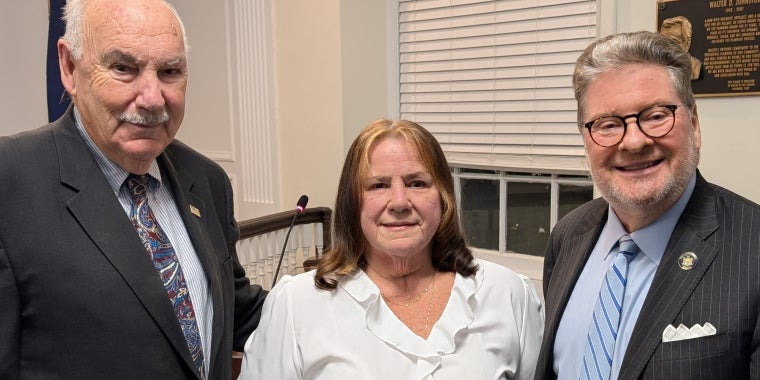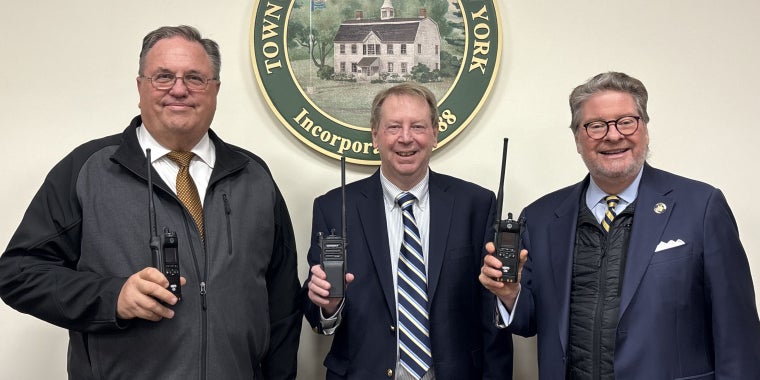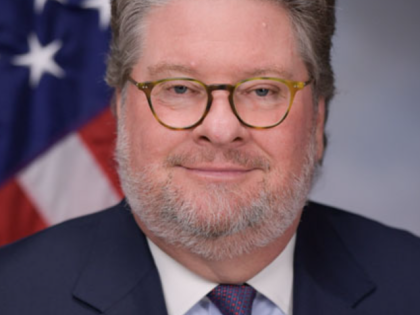
Harckham, Krueger Host Climate Leadership Roundtable With State Agencies and Municipalities
October 16, 2025
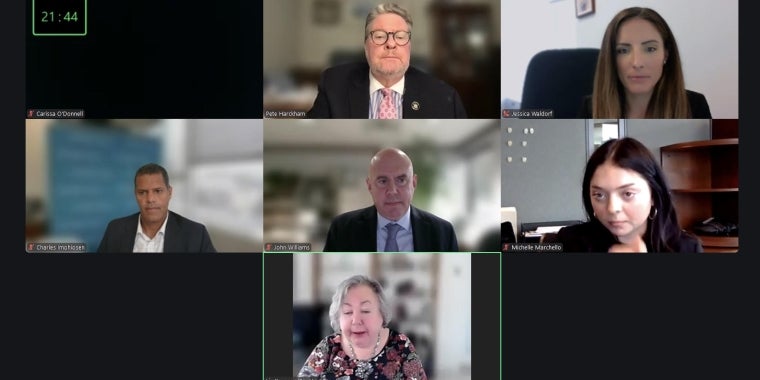
Screenshot of State Sens. Liz Krueger and Pete Harckham, plus state officials during the virtual roundtable
Albany, NY – New York State Senator Liz Krueger and State Senator Pete Harckham, chairs of the Senate Finance and Environmental Conservation Committees respectively, hosted a virtual roundtable yesterday to examine the legislative, budgetary, and executive agency actions necessary to reach the explicit targets and goals included in New York State’s landmark ’s Climate Leadership and Community Protection Act (CLCPA). To see a video of the roundtable, click here.
A number of factors have caused New York to fall behind on some of its climate targets, and there are increasing headwinds that require policy interventions at multiple levels in order to get New York back on track. The virtual roundtable lasted four hours, which was ample opportunity for attendees to discuss climate-related topics regarding energy affordability, decarbonization and transitioning toward clean energy sources, large-scale renewable energy projects, community solar, energy storage systems, transmission modes, to name a few.
Among the roundtable participants were State Sens. Gounardes, Hinchey and May; municipal officials from around the state involved with climate action; and executive representatives from a number of state agencies, including Michelle Marchello, executive deputy commissioner of the Department of Environmental Conservation (DEC); Jessica Waldorf, chief of staff and director of policy implementation at the Department of Public Service (DPS); Charles Imohiosen, senior vice president of communications and external affairs at New York Power Authority (NYPA); and John Williams, chief policy officer at New York State Energy & Research Development (NYSERDA).
Senator Krueger said, “New York has fallen behind on our climate targets, and we face increasing headwinds that require policy interventions at multiple levels in order to get back on track. At the same time we have great opportunities to address the affordability crisis and save ratepayers money by embracing modern, affordable energy options and energy efficiency, and rejecting the outdated, expensive, and dirty fuels of the past. New York cannot declare defeat in the face of President Trump's backward-looking agenda. We must recommit ourselves to our science- and reality-based climate targets and make the investments necessary to deliver a better future for ourselves and future generations.”
Senator Harckham said, “Now more than ever, it is crucial that New York State remains focused on energy affordability, grid reliability, and climate mitigation. More of our communities are already seeing the impacts of climate change, and action is needed now. Sharing ideas and concerns, as we did at this roundtable, gives us all a much-needed understanding of how important climate action is, and hopefully will guide us toward more effective strategies when it comes to rolling out renewable energy initiatives. I thank all the roundtable participants for their commitment to securing a safe, affordable and environmentally conscious future for our residents.”
Senator Michelle Hinchey said, “The climate crisis is not a distant threat—it’s affecting our communities today through severe weather, higher insurance and utility bills, supply chain disruptions, rising food prices, and increased healthcare costs, just to name a few. With a federal government denying the very existence of climate change, the actions we take in New York to meet our CLCPA goals are more urgent than ever and demand that we think broader and plan smarter. I was glad to take part in the CLCPA roundtable led by Senators Krueger and Harckham, and I thank them for convening this critical discussion outlining key concerns—from how we can prioritize affordability in our clean energy transition, to responsibly siting projects in communities, and ensuring we are doing everything we can to protect New Yorkers from the impacts of the climate crisis.”
Senator Rachel May said, “These two virtual Senate roundtables have provided an invaluable opportunity for dialogue with agency, advocate, and stakeholder representatives on the specific challenges of meeting our clean energy goals. I deeply appreciate the chance to air my concerns and those of my constituents about issues ranging from empowering customers to reduce their energy bills, making the siting process more attentive to local concerns, helping counties and localities provide residents with low- or no-carbon transportation and housing options, and how we can continue fighting for energy policies that serve the needs of future generations for a livable climate in the context of arbitrary federal cuts.
Added Senator May, “For all the rhetoric about the challenges of meeting our clean energy timetable, it is heartening to hear just how thoughtfully our local leaders and state agencies are approaching these challenges. As we in the legislature continue to press for implementation of Cap-and-Invest and other key aspects of the CLCPA, I believe these conversations have given us a better sense of how to partner successfully with state and local agencies.”
Ulster County Executive Jen Metzger said, “As the federal government abandons its responsibility to reduce climate-damaging emissions, states like New York must continue to lead, and I want to thank Senators Harckham and Krueger for convening this important roundtable discussion, and for their climate leadership in the State Senate. Ulster County is committed to doing its part—we’re electrifying government fleets and buildings, improving energy efficiency, and investing in renewable energy to meet our electricity needs cleanly and locally. But to meet emissions reduction targets on a community- and economy-wide basis, the state is going to have to step up efforts to support the clean energy transition affordably and equitably. The roundtable gave us an opportunity to share our perspectives as local leaders, and I look forward to our continued work with the State Legislature and the Governor on solutions that contribute to a thriving, sustainable, and resilient future for Ulster County and for all New Yorkers.”
Some of the local government representatives noted that energy affordability programs are very difficult to access and called for state agencies like NYSERDA to assist in streamlining the application process so more residents can gain access to them.
Senator Hinchey pointed out more needs to be done by state agencies in locating and mapping potential sites for renewable energy developments, like warehouses and parking lots, and assisting developers in siting projects in those areas.
There was a consensus that a concerted disinformation campaign was being waged against the CLCPA and renewables, battery storage in particular. Most speakers agreed that the state needs to be doing a lot more to be actively educating people and local governments on battery storage safety.
Leo Weigman, director of solar programs at Sustainable Westchester, said, “At Sustainable Westchester, we work very closely with our cities, towns and villages and the property owners on deploying clean energy. One thing is clear above all else. Solar works great! Solar combined with energy storage can deliver faster, cheaper and fairer decarbonization than any other technology. Today's roundtable was a great opportunity to share the realities of how we can meet New York's climate goals with state officials and other stakeholders.”
Share this Article or Press Release
Newsroom
Go to Newsroom